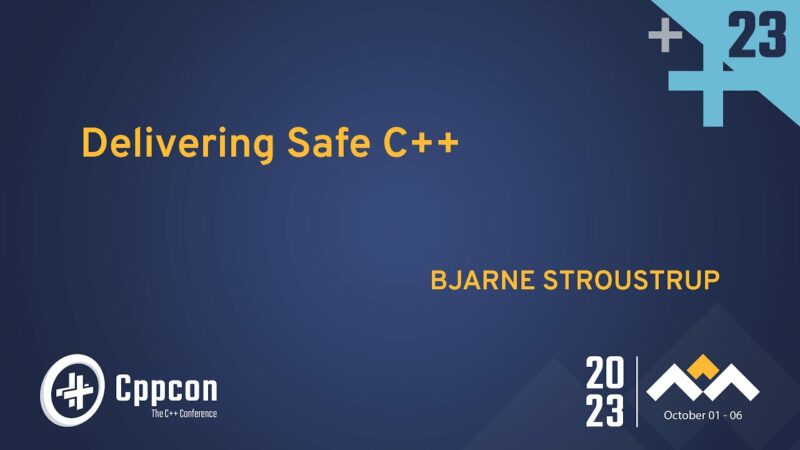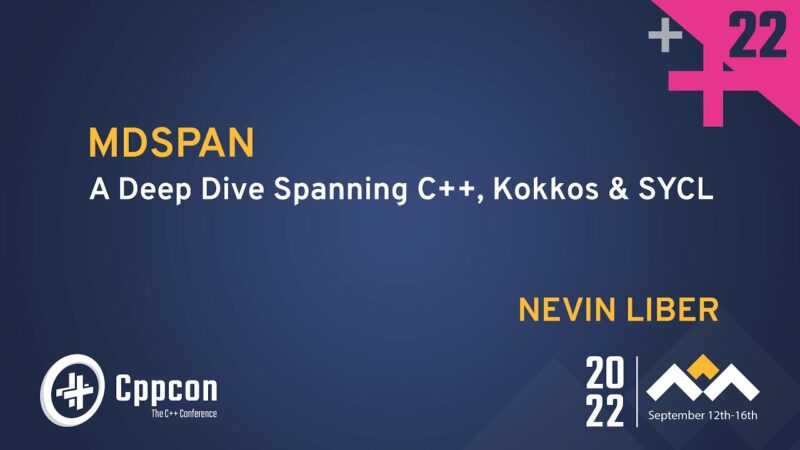https://cppcon.org/
CppCon 2023 Early Access: https://cppcon.org/early-access
Access All 2023 Session Videos Ahead of Their Official Release To YouTube. At least 30 days exclusive access through the Early Access system. Videos will be released to the CppCon channel on a schedule of one video per business day, with initial releases starting in November.
---
Plenary: Coping With Other People's Code - Laura Savino - CppCon 2023
https://github.com/CppCon/CppCon2023
Sometimes we're fortunate enough to work with a small group of devs who share our coding values, and when we see their PRs come in, we nod along and say, "Yup, that's what I would have done. Oh, nice, that one's even better than my usual approach, I'd better tuck that idea away for next time."
This perfect alignment is precious... and particularly elusive in C++. Most of us are living in codebases that are profitable, complex, and updated in ways with which we have legitimate beef. How can we keep a sense of curiosity, progress, and satisfaction amidst patterns we would never have chosen?
This presentation explores the often-overlooked social aspects of C++ development, offering both practical tools and light-hearted commiseration. We'll draw from the field of behavior science to build strategies that address conflicting design patterns and the strong opinions that come with them.
---
Laura Savino
Laura Savino is a Photoshop engineer, globally recognized tech speaker, and expert in developer communications. She has adapted to both decades-old legacy codebases and beta versions of languages & frameworks. She's worked with a team that replaced their data layer with a functional reactive model that erased all the types, transitioned from working on cutting-edge Swift to egregiously templated Objective C++, and once attempted to replace a series of sequential `#define`s with a well-scoped enum that had unintended far-reaching consequences. Rather than swearing off computers entirely, she copes by scouring peer-reviewed articles about psychopathology and occupational health.
__
Videos Filmed & Edited by Bash Films: http://www.BashFilms.com
YouTube Channel Managed by Digital Medium Ltd: https://events.digital-medium.co.uk
#cppcon #cppprogramming #cpp




